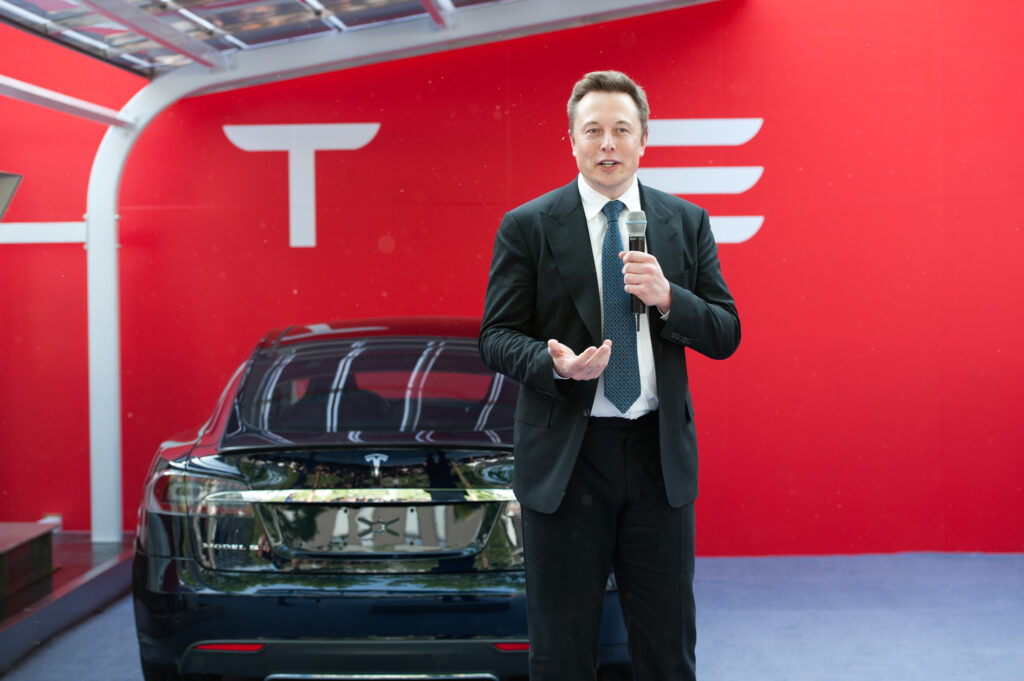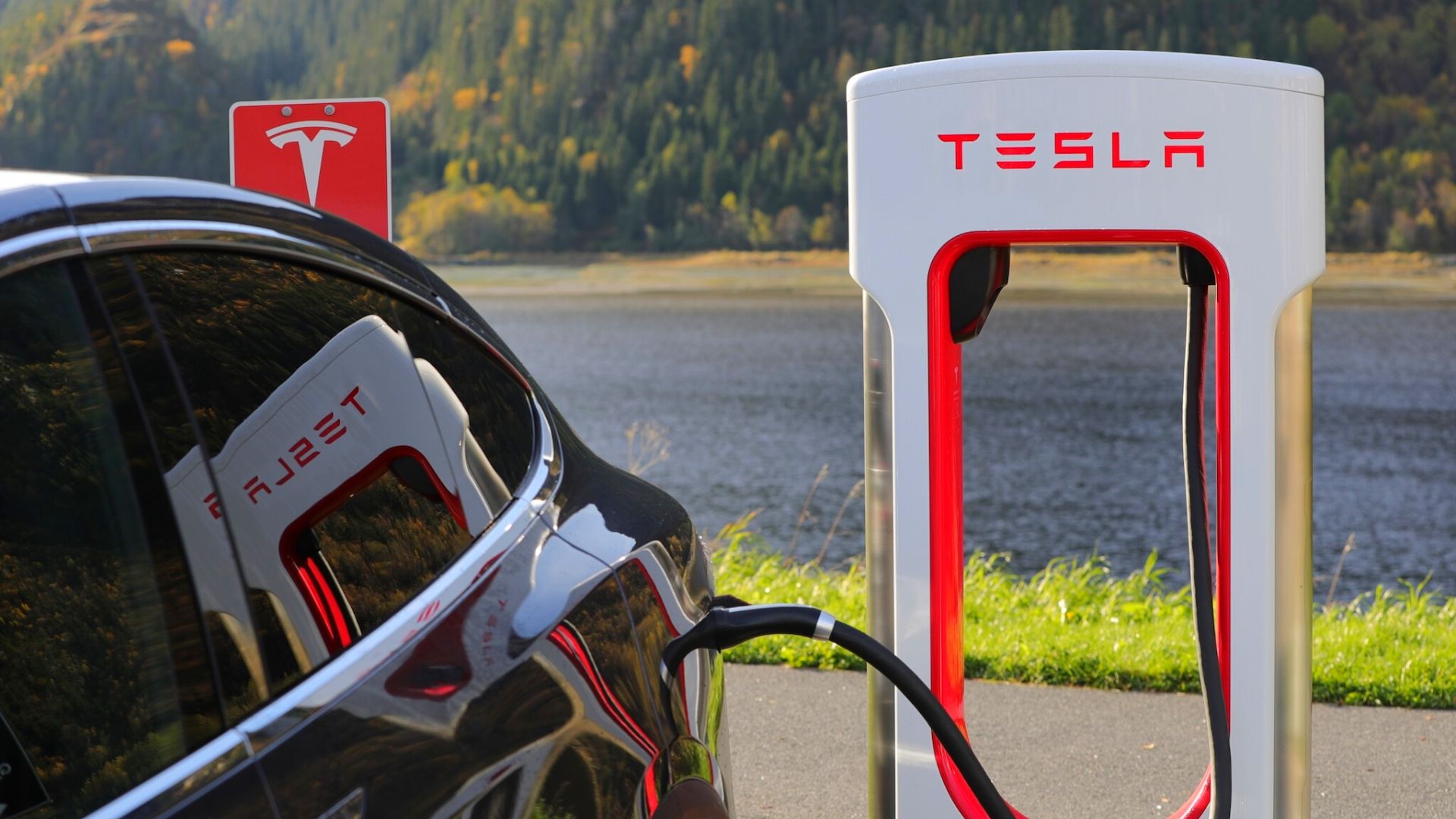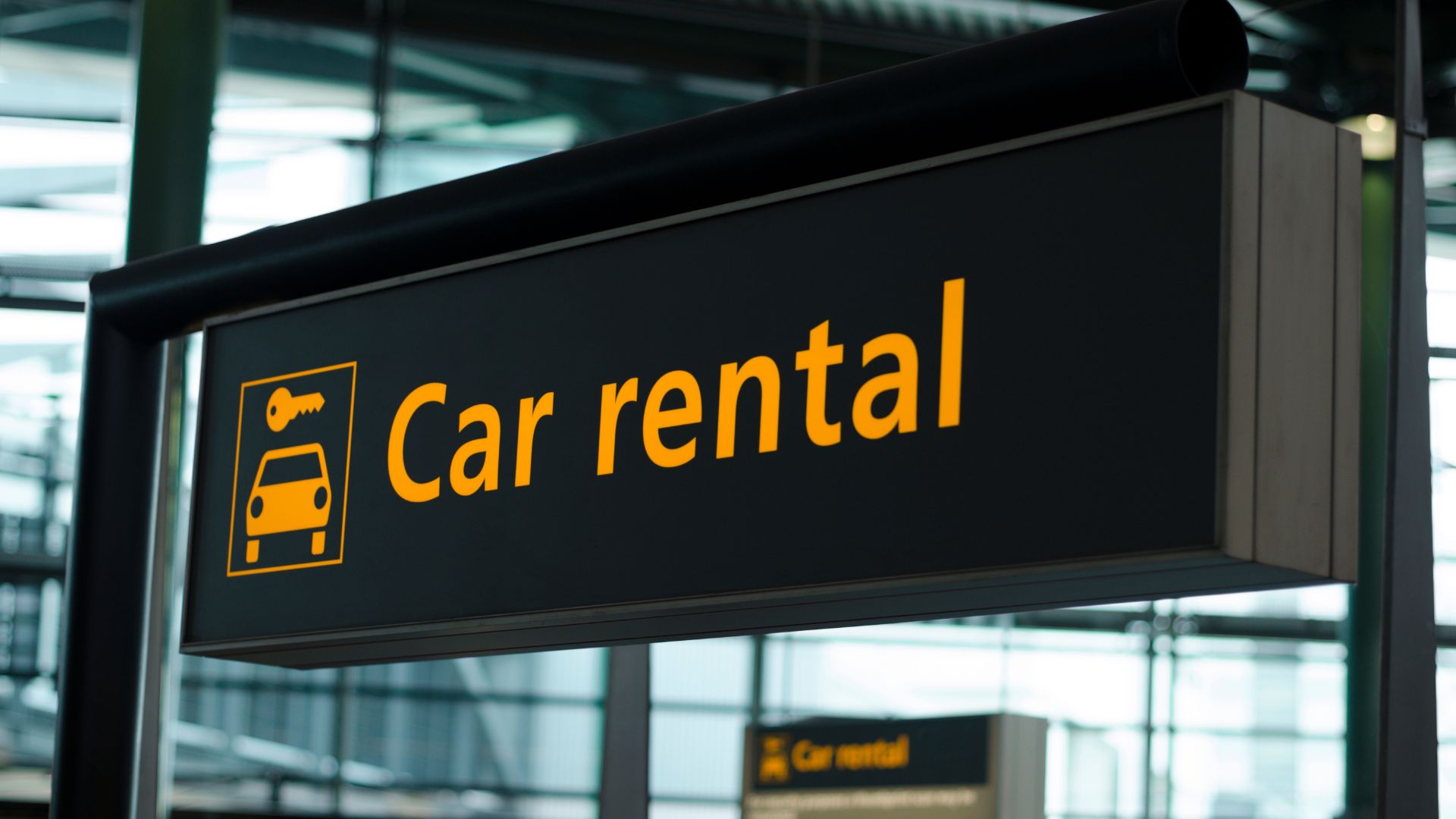Tesla, the pioneering electric vehicle (EV) manufacturer, has recently found itself in the spotlight again as the National Highway Traffic Safety Administration (NHTSA) reopens an investigation into a potential safety issue within its EV lineup. The news highlights the growing scrutiny that comes with being at the forefront of technological innovation in the automotive industry.
Setting New Records Amidst Challenges
Tesla’s Q2 2023 delivery numbers soared, with approximately 889,000 EVs delivered in the first half of the year. These impressive figures signal the company’s strong position in the EV market and suggest that it is on track to achieve its ambitious 1.8 million delivery goal for the year. However, Tesla’s journey to this achievement has not been without obstacles.
Recalls and Safety Concerns
The NHTSA’s investigation comes after a series of recalls and safety concerns that have raised questions about the reliability of Tesla vehicles. In March, the NHTSA initiated an investigation into 2023 Model Y SUVs due to steering wheel issues. Notably, the Model Y has been one of Tesla’s best-selling models, underscoring the importance of resolving safety issues in its most popular offerings.
Another recall involved 2,649 Tesla Model S vehicles in China, stemming from a problem with the front trunk latch lock that could lead to the front lid unexpectedly popping open during driving. Such recalls highlight the delicate balance between Tesla’s cutting-edge technology and ensuring passenger safety.

Tesla’s Response
Tesla, known for its proactive communication through its founder Elon Musk, has not shied away from addressing this issue. The company has historically been responsive to safety concerns and has often implemented over-the-air updates to address potential defects or enhance vehicle performance. Tesla’s willingness to collaborate with regulators and proactively address safety concerns will likely play a crucial role in navigating this situation.
In response to Chinese regulators’ orders, Tesla recalled approximately 1.1 million vehicles for a software update that improved braking methods and increased warnings about accelerator pedal usage. However, a debate emerged regarding Tesla’s use of the term “recall” for over-the-air software updates, with Elon Musk dismissing it as “anachronistic”. The NHTSA, on the other hand, stands by its classification of these actions as “recalls”.
The Resurfacing Investigation
The NHTSA’s recent decision to reopen an investigation closed in 2021 underscores the persistent challenges surrounding Tesla’s safety reputation. This new inquiry encompasses around 1.8 million EVs sold in the US, spanning models like the Model S, Model X, Model 3, and Model Y. The investigation’s focus is on alleged unintended acceleration incidents, a problem that was initially brought to the NHTSA’s attention in 2020 but was denied at the time.
The investigation was reignited after Roland Belt’s petition regarding unintended acceleration in Tesla EVs, which suggests a design flaw in the inverter design might lead to intermittent higher electrical currents flowing through the 12-volt electrical system. The petition contends that this could result from accessory-related power demands, potentially hampering Tesla’s diagnostics system from recognizing the fault.
Final Thoughts
Tesla’s ascent to the peak of the EV market has not been without its share of safety concerns and recalls. The NHTSA’s reopening of an investigation into alleged defects underscores the challenges of maintaining safety standards in the midst of technological advancements. As the automotive landscape shifts toward electrification and autonomous driving, Tesla’s response to safety concerns will influence not only its own reputation but also the broader EV industry’s trajectory. Balancing innovation with safety remains a paramount challenge, and the outcome of the NHTSA’s investigation will shape perceptions of Tesla and the entire EV sector.














